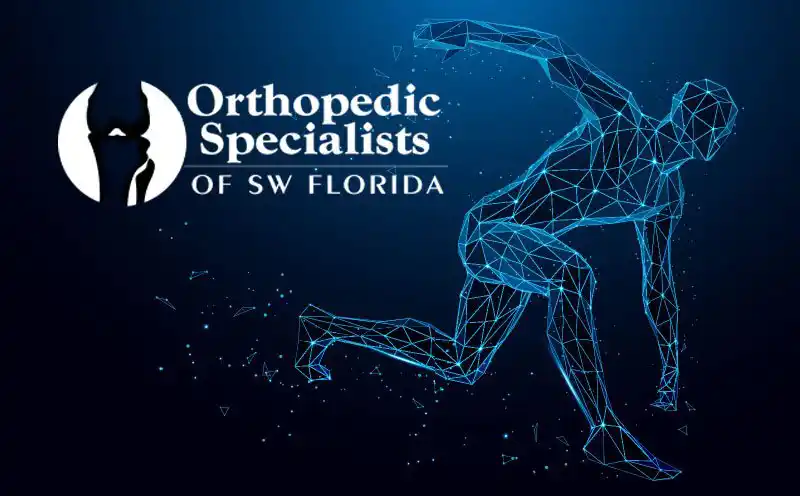Degenerative disc disease is often the cause of chronic low back pain and neck pain.
What is degenerative disc disease (DDD)?
Degenerative disc disease is a progressive degeneration of the intervertebral discs that act as cushions between the bones in your spine. Healthy discs are plump with water that gives them the ability to absorb spinal stress. However, during the normal aging process, these discs suffer from wear and tear, developing small tears, and losing their water content. This causes a collapse of the vertebrae above and below the degenerated disc. The disc space narrows and shifts, and arthritic changes cause a narrowing of the spinal canal. The result is spinal stenosis, which compresses spinal nerves resulting in pain, numbness, and weakness in the legs. The natural degeneration of the spine also causes arthritis.
The most common areas to suffer from degenerative disc disease are found in the neck or lower back. When the discs are compressed, they can bulge or slip and compress nerves.
What are the symptoms of degenerative disc disease?
Nerve pain results from compression of one or more of the nerve roots that are rooted in the spinal cord. Nerve roots control body movement and transmit signals from the body to the brain. Nerve root compression is called Radiculopathy, which causes pain that radiates to other areas of the body. A compressed nerve in the upper spine causes pain that radiates down the shoulders, arms, and hands. A compressed nerve in the lumbar spine causes pain that radiates to the buttocks and upper thighs (Sciatica). Degenerative disc disease can lead to osteoarthritis causing pain and stiffness. The pain can be debilitating, thereby limiting the ability to sit or stand for long periods or walk long distances.
Who is at risk of degenerative disc disease?
While age is the most significant risk factor, obesity, smoking, strenuous physical work, and a sudden injury can speed up the process. Other causes can contribute to degenerative disc disease including genetics, occupational and autoimmune factors.
A majority of people will suffer with various degrees of degenerative disc disease, but only a small number will suffer with chronic, debilitating pain and compromised quality of life.
What should you do about your back pain?
Contact Orthopedic Specialists of SW Florida. Schedule an appointment with one of our spine specialists and get the correct diagnosis. Once you have a diagnosis, you can discuss your treatment options with your orthopedic surgeon. Orthopedic Specialists of SW Florida provides diagnosis, treatment and recovery from degenerative disc disease for patients in and around Fort Myers, FL.
How to prevent degenerative disc disease?
The spine naturally changes as we age, but there are things you can do to delay the onset of degenerative disc disease or keep it from getting worse. Proper diet and exercise significantly contribute to overall spine health.
- Your bones, discs and connective tissues need the right nutrients to maintain function. Eat a healthy diet and control your weight. Excess weight puts a strain on the spine and can cause more damage. Drink lots of water to keep your spinal discs hydrated.
- Stay active. Low impact exercise including walking, swimming, light-weight training and yoga can keep your spine flexible and increase strength in your spinal muscles. A good exercise program can preserve function, flexibility, and mobility. This will help you achieve and maintain proper support and posture, which ultimately puts less stress on the spine.
- Stop smoking and limit alcohol consumption.
- Reduce stress. Meditation, acupuncture and massage therapy can help.
- Don’t slouch. Don’t strain to lift heavy objects.
Recurring or Chronic Back Pain
Pain Management
Typically, over-the-counter pain medications can help reduce pain and inflammation. When these medications fail to provide the relief you need, epidural steroid injections can help reduce pain and inflammation from DDD.
Physical Therapy
When your pain is reduced, undertake a physical therapy program(opens in a new tab) to improve your strength, flexibility, and range of motion. Physical therapy can help you prevent further injury to your spine. You will learn how to build your spine muscles, good posture, and how to carry yourself to reduce pain and disability.
If conservative measures fail to improve your pain, your fellowship-trained orthopedic spine surgeon at Orthopedic Specialists of SW Florida in Fort Myers has many options to decrease your pain. Our team of leading orthopedic surgeons in Fort Myers, FL are here to help.


